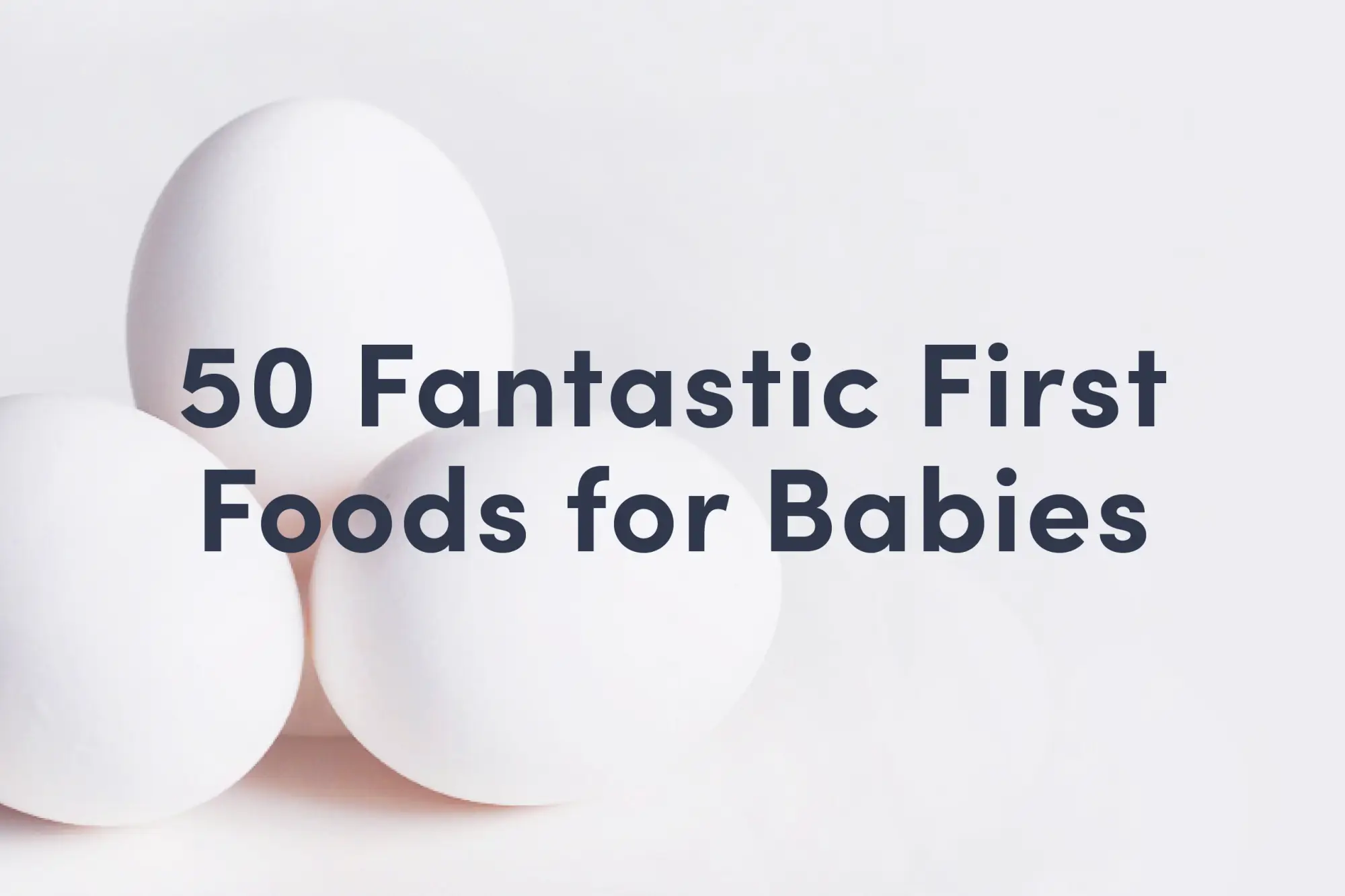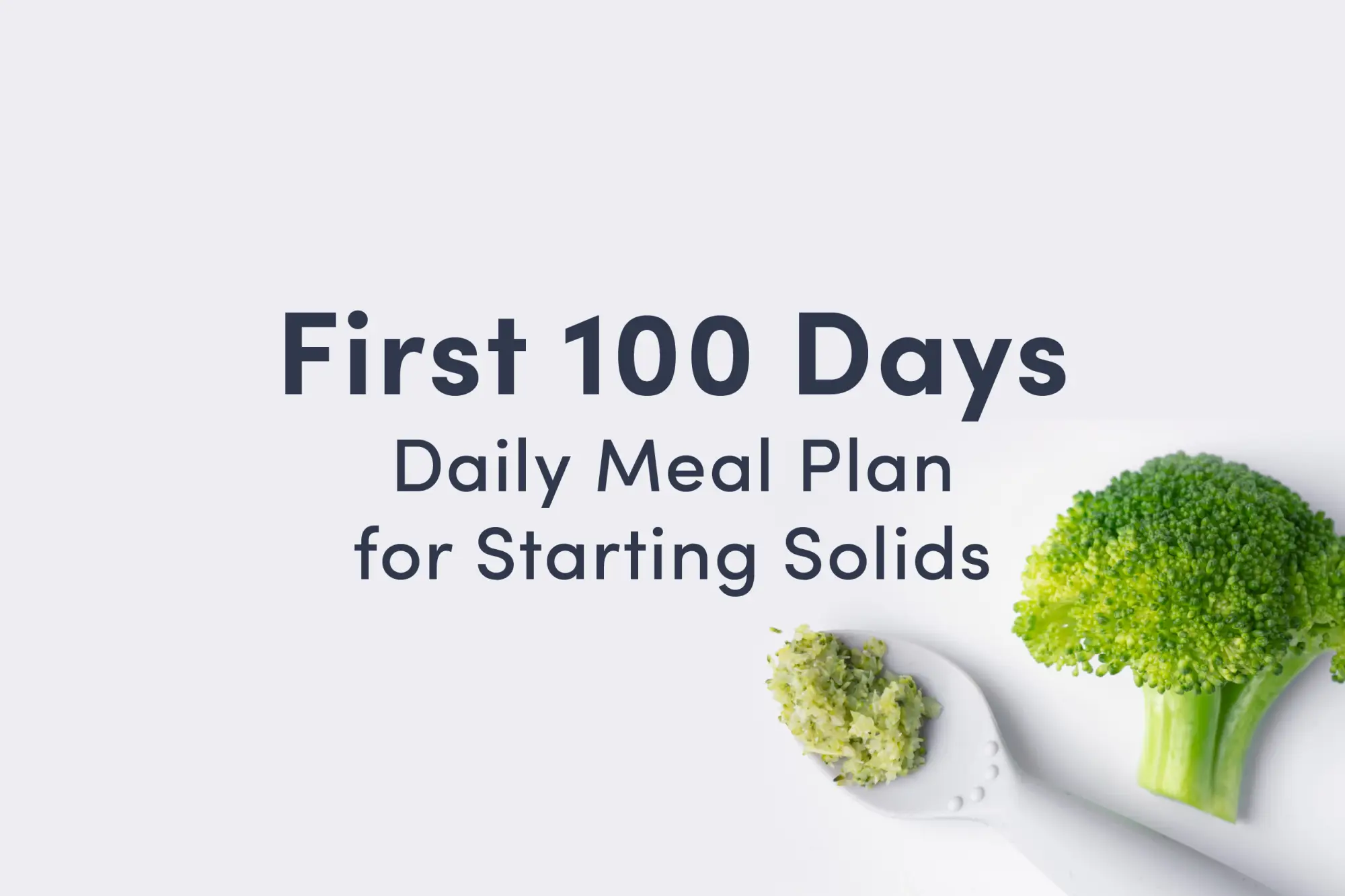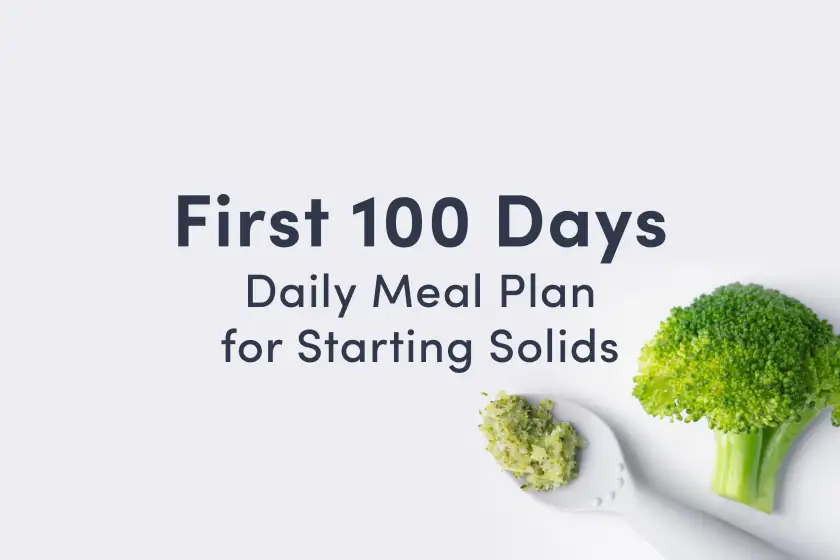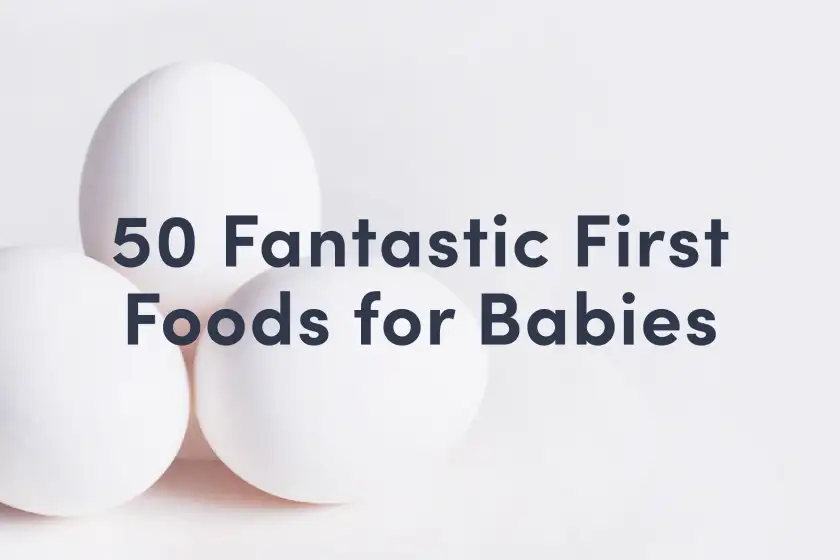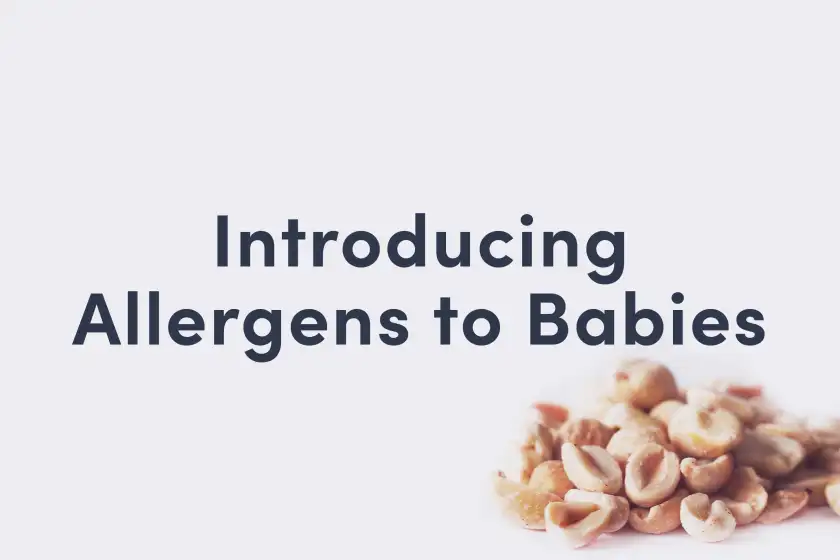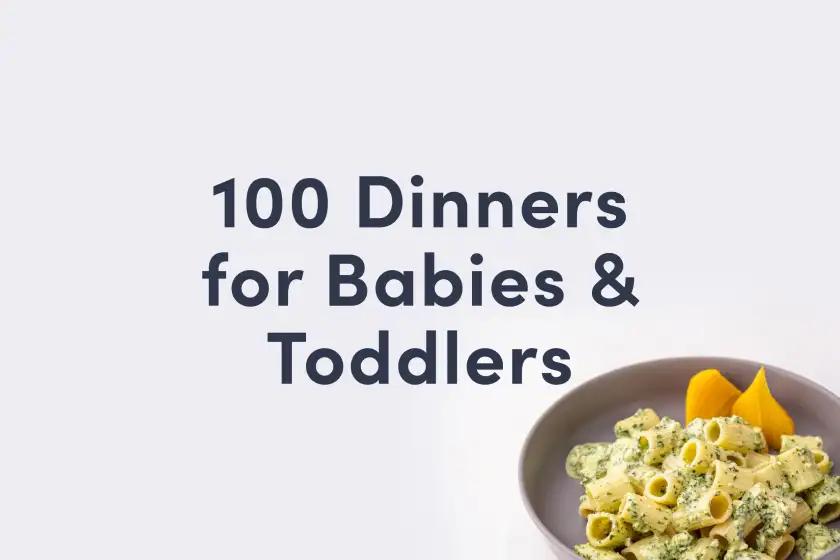Hemp Seed
Seed
Age Suggestion
6 months
Iron-Rich
Yes
Common Allergen
No
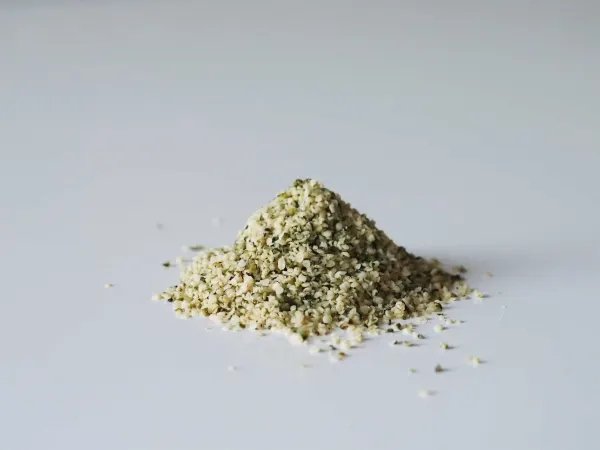
When can babies eat hemp seed and hemp seed milk?
Hulled hemp seeds (also called hemp heart seeds) and hemp seed oil may be introduced as soon as your baby is ready to start solids, which is generally around 6 months of age. It is best to wait until after your baby’s first birthday, however, to offer hemp seed milk as a drink (cooking with it is fine) as it is important that cow milk and milk alternatives do not displace breast milk or formula in the first year of life.
Background and origins of hemp seed
For thousands of years, humans have cultivated the hemp plant as not only a source of food, but as a fiber to make clothing, paper, and rope. The hull (the seed’s crunchy shell) is often removed before sale to reveal the soft white inner seed, or the hemp heart, from which the oil is extracted.
Hemp seeds and hemp seed oil are incredibly nutritious, but before we dive into the details, let’s clear up any confusion: hemp seeds and the oil that’s extracted from them won’t get you or your baby high. The hemp plant is part of the same family as marijuana, but it does not contain tetrahydrocannabinol or THC, the psychoactive compound in pot. In the United States, hemp seeds were only legalized in 2018 after almost 80 years of being grouped with marijuana, but rest assured: hemp seed, hemp seed oil, and hemp seed protein powder are now recognized as safe for human consumption by the federal government.
Videos
Are hemp seeds healthy for babies?
Yes! Hemp seeds and hemp seed oil are terrific ingredients to add nutritional value to your baby’s diet and to help with that ever-present challenge: constipation.
Nutritionally, hemp seeds are a complete protein, which means that they have all the essential amino acids that your baby’s body needs to thrive. They are also a great source of critical essential nutrients: copper, fiber, selenium, vitamins A and B6, and zinc.
Hemp seeds are processed in different ways to make food products—hemp flour, hemp powder, hemp butter, hemp milk, hemp oil—and each one has unique health benefits:
Whole hemp seeds are housed in their hulls (tough outer shells) which offer lots of soluble fiber, a nutrient that’s often lacking in a human’s diet. Because they are crunchy, they’re not the easiest food for early eaters to digest.
Hulled hemp seeds (hemp heart seeds) are free of the crunchy outer shell, but still offer lots of protein, healthy fats, and tons of nutrients. Hemp hearts are easier to digest, easier to sprinkle on meals, and easier to serve to your baby.
Hemp milk is produced by grinding seeds, soaking them in water, and straining to separate the solids from the liquid. Hemp milk contains healthy fats and many nutrients but not as much fiber. Be sure to read the labels:hemp milk may contain additives like sugar and binders such as carrageenan and gums—which are not great for babies (or adults).
Hemp seed oil is made by pressing the oil from the whole seeds. It’s full of essential fats! Do not heat hemp seed oil, as it will go rancid and can contribute to cellular damage.
Hemp flour is made from the leftover solids after oil is extracted. Hemp flour is full of nutrients, but lacks much of fiber and healthy fats that are found in the whole seed.
Hemp seed protein powder is what remains after sifting hemp flour. The powder offers lots of protein and nutrients, but lower amounts of healthy fats and fiber.
Are hemp seeds a common choking hazard for babies?
No. Neither hemp seeds, hemp seed hearts, or hemp seed oil are common causes of choking, though the foods they are added to may be. Always stay near your baby during mealtime and check out our age-appropriate serving suggestions.
For more information, visit our section on gagging and choking and familiarize yourself with common choking hazards.
Are hemp seeds a common allergen?
No, though it is not unheard of. As you would when introducing any new food, start by offering a scant quantity for the first couple of servings. If there is no adverse reaction, gradually increase the quantity over future servings.
How do you prepare hemp seeds for babies with baby-led weaning?
Every baby develops on their own timeline, and the suggestions on how to cut or prepare particular foods are generalizations for a broad audience.
6 to 12 months old:
Sprinkle a pinch of hulled hemp seeds or protein powder on soft foods like yogurt and roll “slippery” foods like avocado, mango, or pineapple in hulled hemp seeds, which will help with grip. Hemp seed oil can also be mixed into mashed potatoes and warm cereals and easily worked into pesto sauces.
12 to 18 months old:
Use hulled hemp seed liberally in your cooking. Continue sprinkling hemp seed on fruits and soft vegetables and mixing hemp seed oil into warm cereals. Try using hulled hemp seeds in place of flaxseeds or chia seeds in recipes for breads, muffins, oatmeal, or overnight oats. Add them to soup as a garnish or mix into protein balls.
18 to 24 months old:
Smoothie time! Mix hemp seeds and/or protein powder for added nutrition and continue to sprinkle hulled hemp seeds on other foods for an added nutritional boost.
Hulled hemp heart seeds, hemp powder, hemp flour, and hemp oil should be kept in the refrigerator because they spoil in warm temperatures.
For more information on how to cut food for babies, visit our page on Food Sizes & Shapes.
Written by
Expert Tips Delivered to Your Inbox
Sign up for weekly tips, recipes and more!
The content offered on SolidStarts.com is for informational purposes only. Solidstarts is not engaged in rendering professional advice, whether medical or otherwise, to individual users or their children or families. No content on this site, regardless of date, should ever be used as a substitute for direct medical advice from your doctor or your medical or health professional, nutritionist, or expert in pediatric feeding and eating. By accessing the content on SolidStarts.com, you acknowledge and agree that you are accepting the responsibility for your child’s health and well-being. In return for providing you with an array of content “baby-led weaning” information, you waive any claims that you or your child may have as a result of utilizing the content on SolidStarts.com.

